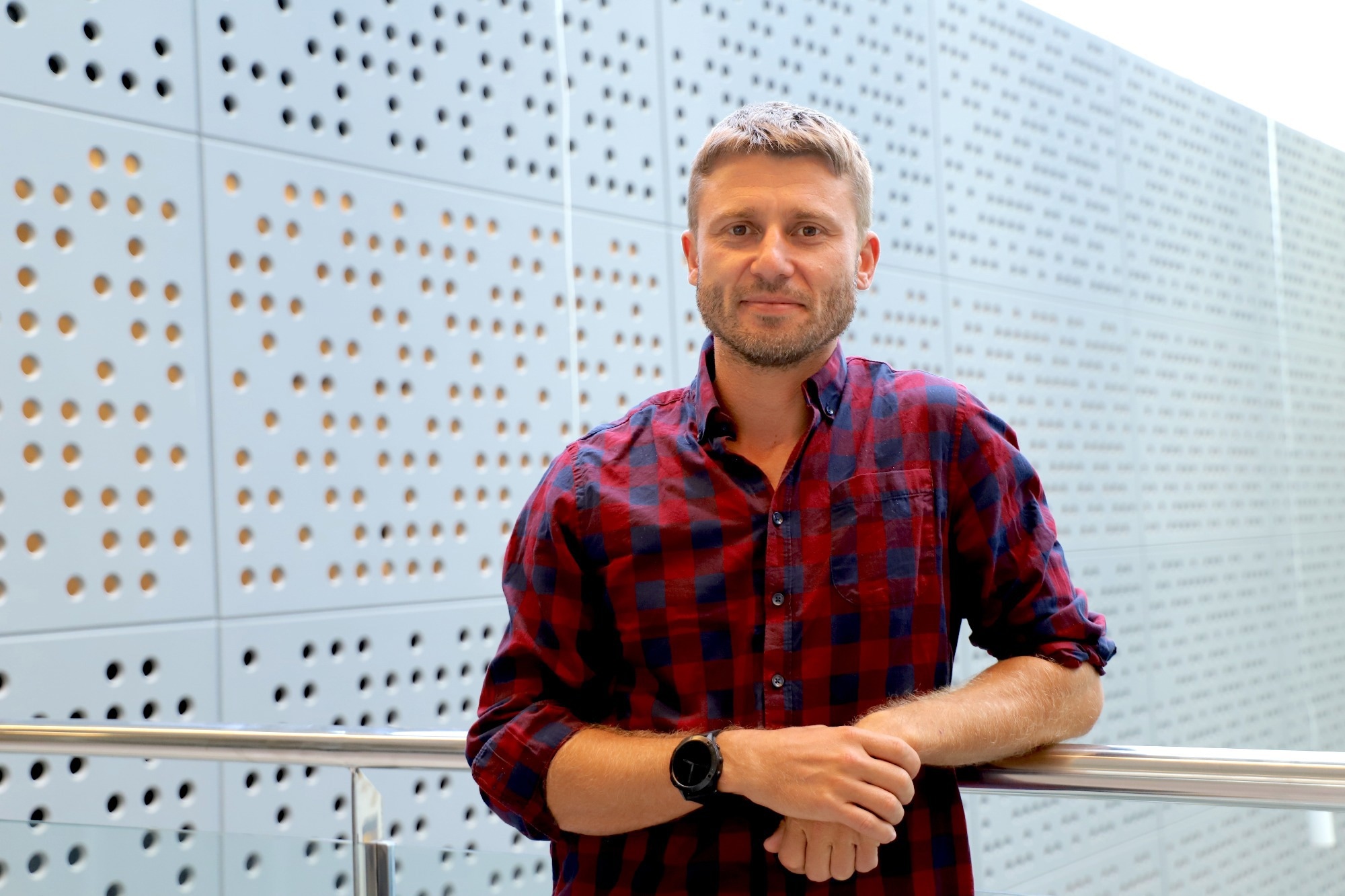Reviewed by Danielle Ellis, B.Sc.Jul 12 2023
The memory of the immune system depends on distinctive epigenetic traits and a particular 3D arrangement of the DNA in the nucleus of memory cells, allowing for rapid activation of these cells, according to a team of researchers from the Erasmus University Medical Center, the Centre for Genomic Regulation (CRG), and the Josep Carreras Leukaemia Research Institute.

Image Credit: Josep Carreras Leukaemia Research Institute
Asthma and other chronic inflammatory diseases modify these characteristics, which could play a role in autoimmune disorders and cancer.
One of the most intricate systems in the human body is the immune system. By eliminating germs, viruses, parasites, and damaged or cancerous cells, it keeps us healthy.
The adaptive immune system takes about two weeks to respond the first time it encounters a foreign component (referred to as “antigens” in scientific jargon), but subsequent responses are much quicker, as though the cells “remembered” the antigen.
But how can one get such a memory? A group of researchers led by Dr Gregoire Stik, Group Leader of the Josep Carreras Leukemia Research Institute, and Dr Ralph Stadhouders, from Erasmus MC, has published new information on immunological memory utilizing innovative approaches.
In their study, first author Anne Onrust-van Schoonhoven and colleagues compared the responses of immune cells that had never come into contact with an antigen (referred to as naive cells) and cells that had been exposed to an antigen in the past and sort of known it (referred to as memory cells).
They concentrated on the variations in the nuclear architecture of the cells and the epigenetic regulation of the cellular machinery, two mechanisms that might account for the rapid activation pattern of memory cells.
Even though every cell in a person has access to the same genetic material, various cell types can access different regions of the DNA. The processes that regulate this access in a dynamic manner are referred to as “epigenetics.”
According to the research team’s findings, memory cells have a specific epigenetic signature that causes them to rapidly activate a group of critical genes in comparison to naive cells.
The cellular machinery, especially a class of transcription factors known as AP-1, had considerably easier access to these genes. These genes have been warming up ever since the cell made its initial encounter with the antigen, to put it in the context of a race.
This epigenetic marker, however, was only the beginning. It is well known that the DNA’s location in the nucleus is not random and that it indicates the level of activation of the cell. The scientists discovered that memory immune cells and naive immune cells do indeed differ in the 3D arrangement of DNA in the nucleus.
The same regulatory areas, known as enhancers, control several key genes involved in the early immune response. Continuing the metaphor of the race, the genes are not only warmed up but also gathered at the starting line.
The scientific team questioned whether any of the mechanisms discovered may when changed, explain actual disorders in which the immune system plays a significant role. Although the majority of the research has concentrated on healthy cells.
They examined immune cells from chronic asthma patients to answer this question and discovered that the circuits necessary for a quick and powerful immune response were overactivated.
The study of how the immune system is regulated at the epigenetic level is expanding, and advancements like those made by Dr Stik and colleagues are paving the way for the development of the next wave of epigenetic medications and cancer treatments.
Source:
Journal reference:
Schoonhoven, A. O.-V., et al. (2023) 3D chromatin reprogramming primes human memory TH2 cells for rapid recall and pathogenic dysfunction. Science Immunology. doi.org/10.1126/sciimmunol.adg3917